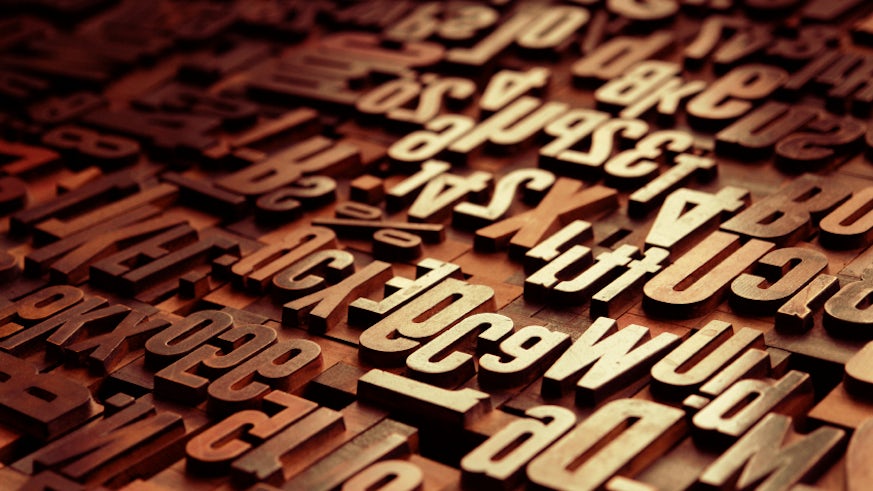Eisteddfod showcase for Welsh language project
27 July 2016

An innovative £1.8m project to collect millions of words of everyday Welsh will be showcased at the National Eisteddfod.
Researchers are gathering a ‘living lexicon’ by allowing contributors to record and upload the Welsh language as used in real life.
The collection of words and phrases, from formal Welsh to regional vernacular, forms part of the Corpws Cenedlaethol Cymraeg Cyfoes (CorCenCC) project, led by Cardiff University.
CorCenCC aims to develop the first large-scale evolving collection of Welsh words, representing the language as used by people in everyday life.
The project will use technologies like crowdsourcing (via a mobile app) to collect data and invite contributions from Welsh speakers of all levels and backgrounds.
CorCenCC is a community-focussed project and from the outset the project team will be asking people who use, research, learn, work and live with the language to help with decisions about the content and structure of the corpus.
Project Director Dr Dawn Knight, Reader in Applied Linguistics at Cardiff University, said: “The project is a major step on the road to gathering the first large-scale living and evolving corpus, representing the Welsh language across communication types and informed by real, current, users of the language. We will be engaging with the public in a number of ways, and using new technologies to do so.”
The project brings together a range of collaborators including Cardiff, Swansea, Bangor and Lancaster universities; Welsh Government; WJEC-CBAC; Welsh for Adults and the Dictionary of the Welsh Language.
CorCenCC is backed by high-profile ambassadors including poet Damian Walford-Davies, musician Cerys Matthews, TV presenter Nia Parry and international rugby referee Nigel Owens, who was recently made a Cardiff University honorary fellow.
Nia Parry said: “CorCenCC will shape the future of Welsh language teaching and learning. It will provide a window into our beautiful, rich, exquisite, poetic, ancient language. We will learn about how we use sentence structures, mutations, slang, text talk and e-mail, how we abbreviate, what we say and how we say it.
“For future generations this will prove to be an invaluable resource and in my opinion this work is of real historic importance, not only linguistically but as a record of our essence as a nation and our place in the world.”
Nigel Owens added: “The corpus will include examples of Welsh from all domains: from the rugby pitch and the TV studio, to political speeches and academic text books. Learners, dictionary makers, broadcasters and all of us who use the language every day will have a record of real life language which will help us to see how modern Welsh is actually used.”
Informal presentations about the project will take place in the Cardiff University tent at 11:00 on 2 August, and in the Swansea University tent at 11:00 on 3 August.
CorCenCC is funded by the Economic and Social Research Council and the Arts and Humanities Research Council.


